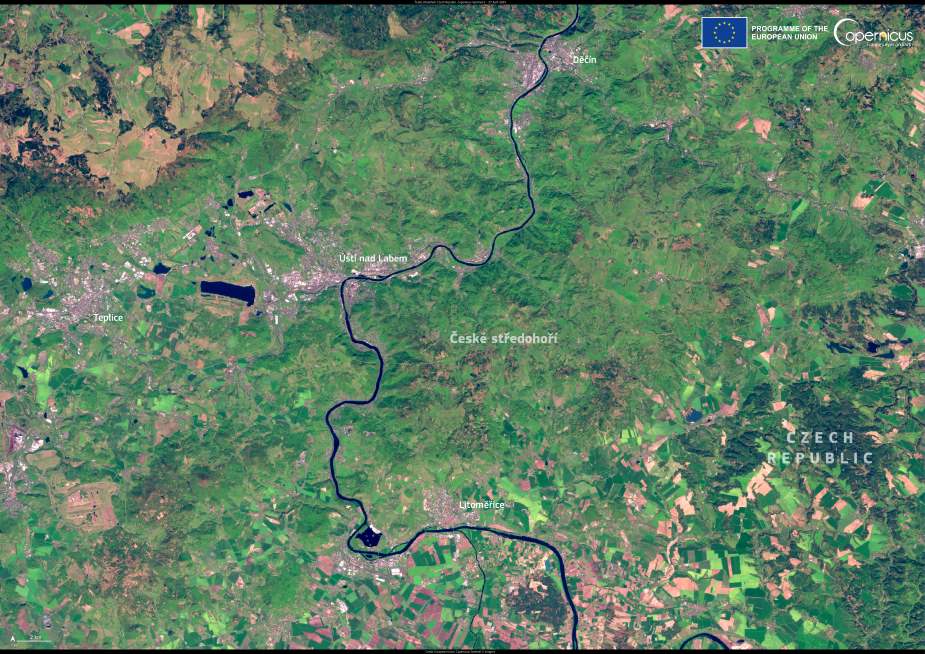A new World Bank report reveals that nearly 60% of banks in Emerging Market and Developing Economies (EMDEs) allocate less than 5% of their lending portfolios to climate-related investments. Alarmingly, over a quarter of these banks offer no climate financing at all, underscoring a significant gap in funding essential to combat climate change.
The report – Finance and Prosperity 2024 – highlights the critical role of banks in EMDEs, where the financial sector is predominantly bank-driven, unlike the more diversified financial systems in advanced economies. With climate change expected to profoundly impact economic opportunities and development outcomes in these regions, the current level of investment is far from sufficient. The report emphasizes the potential of EMDE banks to close the climate financing gap.
“Emerging market and developing economies face substantial financing gaps in low-carbon, climate-resilient investments. We need to step up climate action and crowd in private investment for countries most in need,” said Axel van Trotsenburg, World Bank Senior Managing Director of Development Policy and Partnerships. He stressed the indispensability of the banking sector in this transition process, highlighting its pivotal role in financing a green, sustainable development path.
Globally, banking authorities are experimenting with new methods to support climate financing while maintaining financial sector stability and inclusion, particularly for underserved populations. For example, the adoption of green and sustainable taxonomies – classification systems that identify activities and investments to help countries meet environmental targets – is crucial for increasing climate-related lending. However, such taxonomies currently cover only 10% of EMDEs, compared to 76% of advanced economies.
“Adaptation is underfunded – only 16% of domestic and international climate finance in emerging market and developing economies is channeled for adaptation,” said Pablo Saavedra, World Bank Vice President for Prosperity. He pointed out that 98% of this already limited funding comes from public resources or official financing.
Saavedra called for increased climate-lending from banks and the expansion of capital and insurance markets in developing economies to provide the long-term funding necessary for critical climate-resilient infrastructure. He also emphasized the need to improve financial access for vulnerable groups.
The Finance and Prosperity 2024 report also presents an analysis of financial sector resilience across 50 countries, representing 93% of total bank assets in EMDEs. The findings reveal that 30% of these countries face high financial-sector risks within the next 12 months, and most lack the policy framework and institutional capacity to manage these challenges effectively.
One of the report’s key concerns is the excessive holdings of government debt by domestic banks, a potential vulnerability for economies with weaker macroeconomic policies and public debt sustainability issues. Between 2012 and 2023, the exposure of banks to government debt increased by over 35%.
To address these risks, the report recommends that countries strengthen bank buffers, operationalize financial safety nets, conduct stress tests, and establish a range of essential tools. These include interagency crisis-management mechanisms, emergency liquidity assistance, robust bank resolution frameworks, and adequately funded deposit insurance systems. Additionally, the report suggests that developing economies consider introducing disclosure requirements for banks’ government debt exposures to promote more prudent risk-taking and enhance market discipline.
***
For more detailed findings and recommendations, download the full report from the World Bank’s website: Finance and Prosperity 2024.
About the Finance and Prosperity Report
Finance and Prosperity is an annual World Bank report that examines financial sector developments and vulnerabilities in low- and middle-income countries. These countries have significant opportunities to strengthen their financial sectors as they work towards job creation, attracting private capital, addressing climate change, and overcoming other development challenges.
Featured image credit: Pixabay




